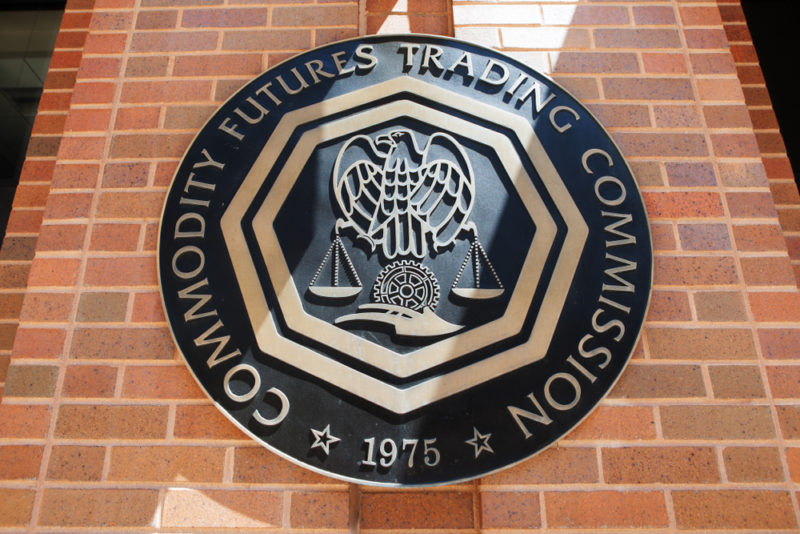Several of the 13 Russians who were just recently charged by U.S. Special Counsel Robert Mueller for election tampering in the United States were utilizing forged identification documents to keep their cryptocurrency exchange accounts.
Special Counsel Mueller’s exhaustive review into 2016 election meddling apparently hit fever pitch late last week as his office declared indictments against three organizations and 13 Russian nationals who are accused of meddling in American elections.
In foreign geopolitical circles, it was a landmark announcement in and of itself. When it comes to the world of cryptocurrencies however, an under-reported element of the story was the Special Counsel’s indication that the involved Russians had been using fake cryptocurrency exchange accounts to conduct their underhanded political activities.
The indictment by Mueller stated:
“In order to maintain their accounts at PayPal and elsewhere, including online cryptocurrency exchanges, Defendants and their co-conspirators purchased and obtained false identification documents, including fake U.S. driver’s licenses.”
On one hand, the revelation is in line with cryptocurrencies’ potential to elude traditional financial accountability. On the other, the indictment clearly indicates that even those who want anonymity the most in this realm can still be publicly revealed — or at least charged — with a thorough enough investigation.
During the U.S. Senate’s first hearing on cryptocurrencies, most Senators were surprisingly agreeable on the space. There were a few that carried the expected concerns about cryptocurrencies’ ability to be utilized by criminals or malicious people.
So, as cryptocurrencies continue to hog the spotlight in the U.S. political limelight now more than ever, some American political personalities would in time, become increasingly vocal when it comes to how this nascent technology can be used for darker ends.

 Business5 days ago
Business5 days ago
 Bitcoin3 days ago
Bitcoin3 days ago
